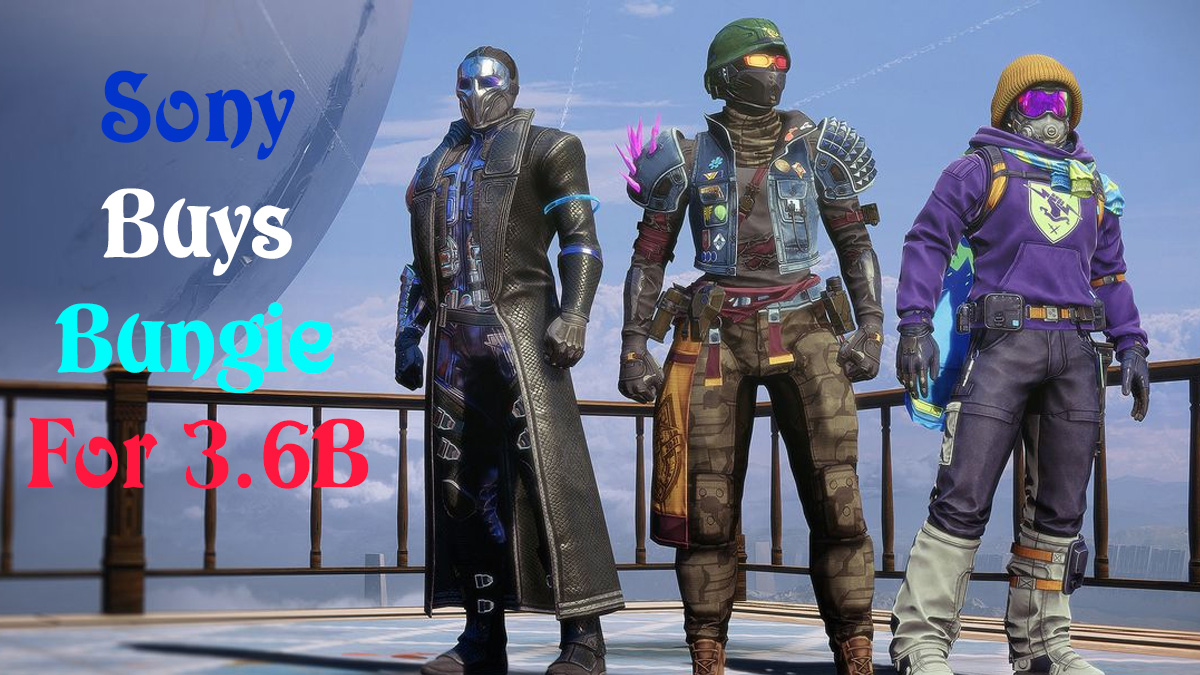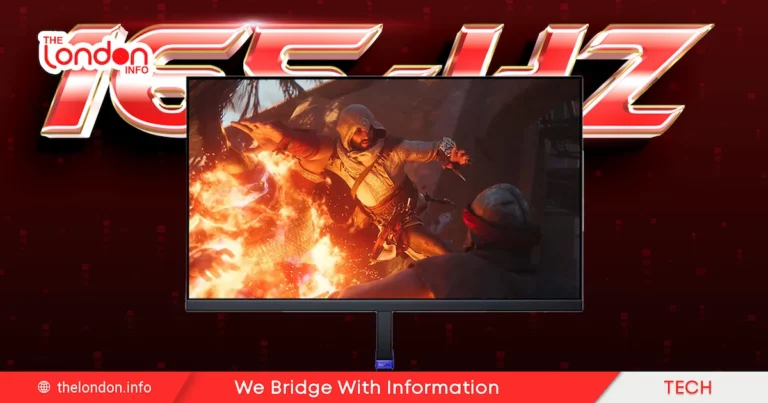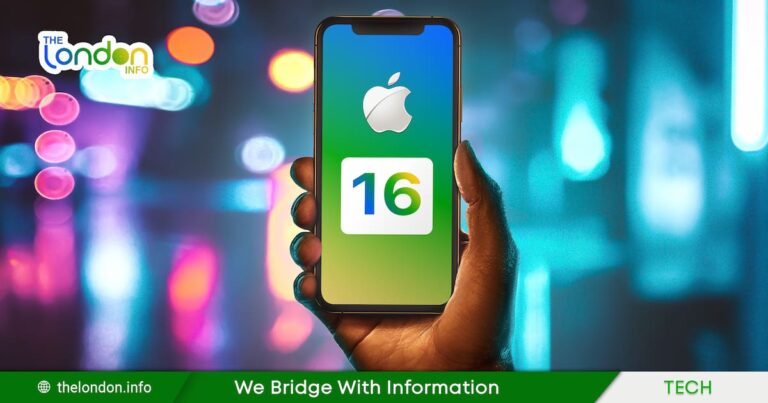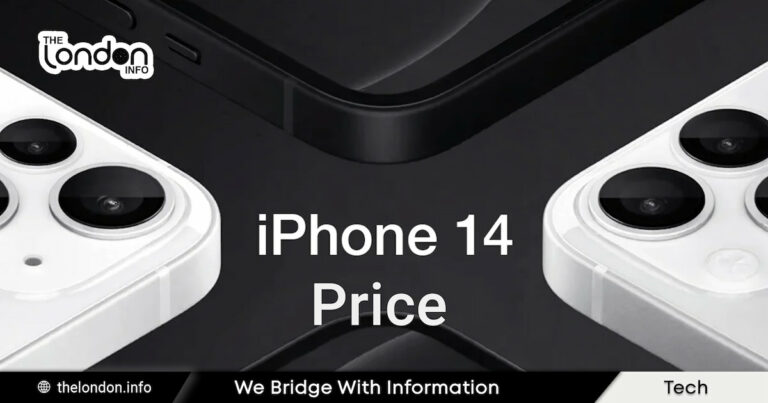Sony buying Bungie! Bungie, a video game developer, has agreed to be acquired by Sony Interactive Entertainment for $3.6 billion, the latest in a succession of high-profile consolidation mergers in the video game business Bungie will become “an autonomous subsidiary” of SIE when the transaction is completed, and it will be governed by a board of directors comprised of existing CEO and chairman Pete Parsons, as well as the remainder of the studio’s present management team. ‘Bungie will remain a multiplatform studio,’ Sony has said, adding that it would have the freedom to “self-publish and reach gamers wherever they want to play.”
Sony | Bungie
At the moment, the company is focused on sustaining Destiny 2, growing the Destiny brand, and developing new intellectual property (IP).
In a statement, SIE President and CEO Jim Ryan stated, “We’ve had a solid connection with Bungie since the start of the Destiny series, and I couldn’t be happier to formally welcome the company to the PlayStation family.” “This is a key step in our aim to broaden the appeal of PlayStation to a much broader audience in the future.
We recognize how important the Bungie community is to the studio’s success and look forward to assisting them in their efforts to stay independent and continue to expand. Our community, like Bungie’s, is fundamental to PlayStation’s DNA, and our common love for the gamer and for creating the finest place to play will now develop even further as we continue to innovate.” SIE, according to Parsons, supported the studio’s twin aim of creating entertainment that would appeal to a broad audience while being artistically autonomous.
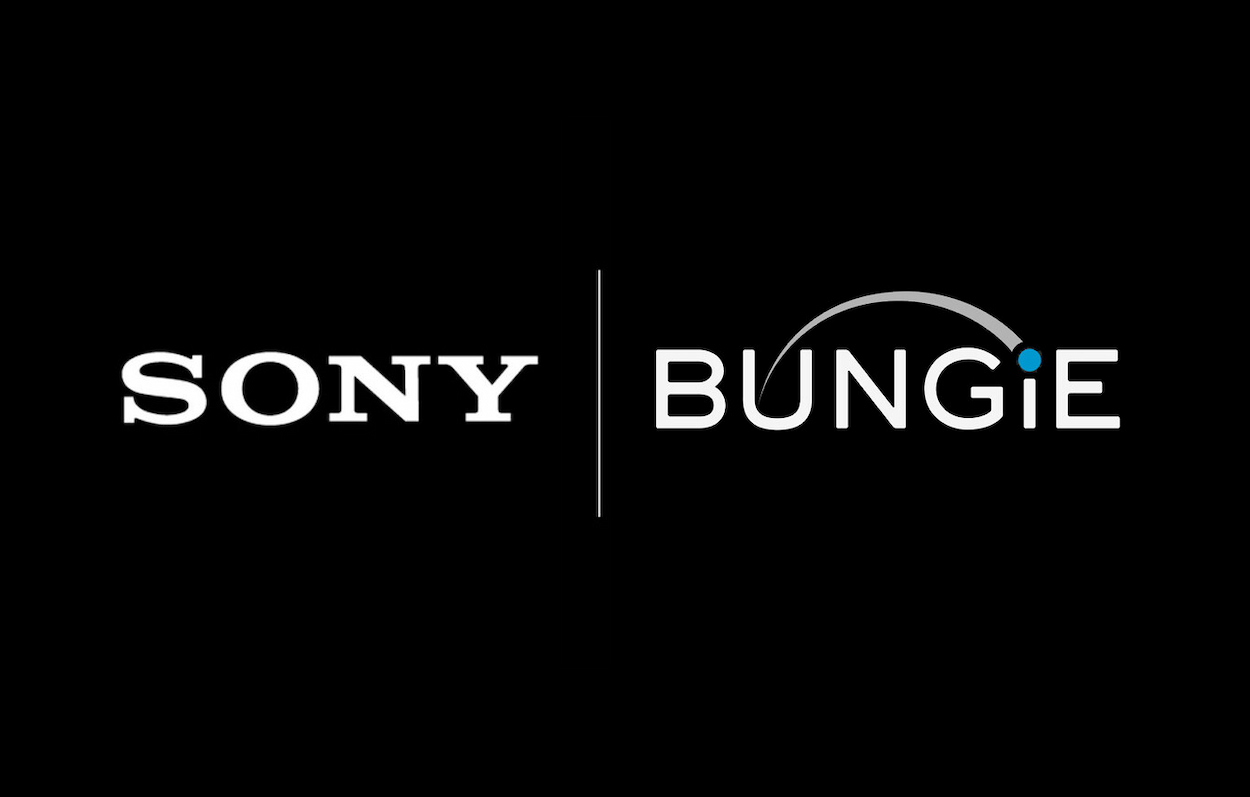
“Both Bungie and SIE think that gaming worlds are just the beginning of what our IP will become,” Parsons said. “Both Bungie and SIE believe that game worlds are only the beginning of what our IP will become.” In addition, with SIE’s support, we will propel Bungie into becoming a global multimedia entertainment company dedicated to delivering on our creative vision.
“Our original universes have immense potential, and with SIE’s support, we will propel Bungie into becoming a global multimedia entertainment company dedicated to delivering on our creative vision,” Take-Two announced an agreement to purchase Zynga for around $12.7 billion on January 11, and Microsoft followed it up with a $68.7 billion deal for Activision Blizzard a week later. The transaction brings to a close a busy month for acquisitions in the gaming industry.
This would be the second time in as many years that Bungie has been purchased by a platform owner. Upon acquiring the company in June of 2000, Microsoft was able to secure Halo, the studio’s then-upcoming first-person shooter, as an exclusive game for the first Xbox’s 2001 launch. Bungie would reclaim its independence soon after the release of Halo 3, which occurred in October of that year.
Following that, it worked with the firm to develop two more exclusive Halo games, Halo 3: ODST and Halo: Reach, before negotiating a 10-year contract with Activision that would eventually lead to the birth of the Destiny brand. The Destiny 2 developer will soon become a PlayStation company, according to a press release.
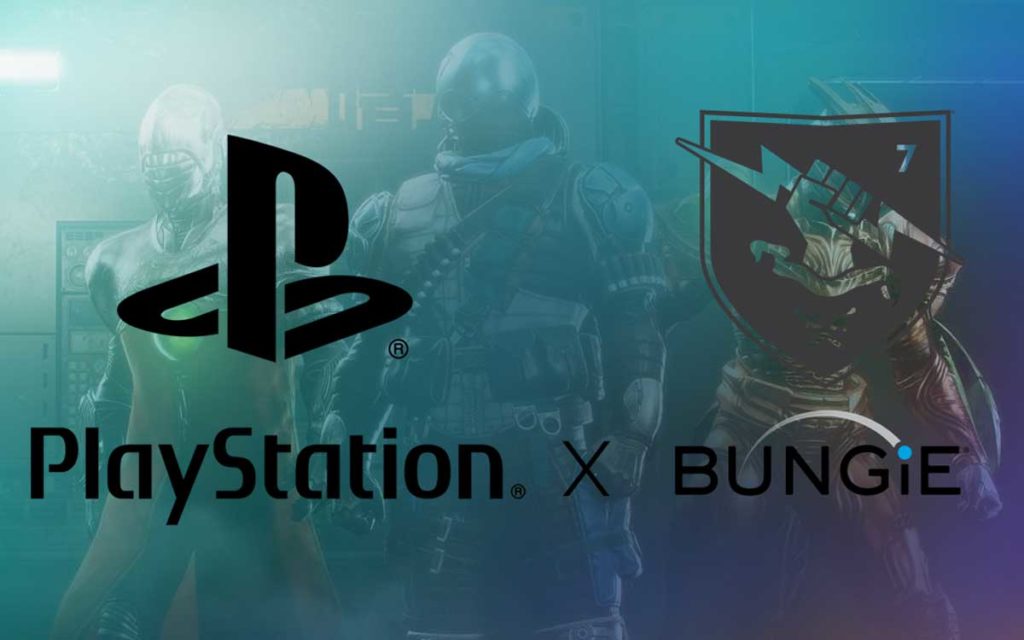
Bungie Releasing a Statement
Bungie released a statement saying, “We believe games have limitless potential, and that to do anything worthwhile in entertainment, we must bet big on our vision, on our studio, and on our incredible team of trusted creators who build unforgettable words that truly matter to people. In SIE, we have found a partner who unconditionally supports us in all we are and who wants to accelerate our vision to create generation-spanning entertainment, all while preserving the creative independence that beats in Bungie’s heart.
Like us, SIE believes that game worlds are only the beginning of what our IPs can become. Together, we share a dream of creating and fostering iconic franchises that unite friends around the world, families across generations, and fans across multiple platforms and entertainment mediums.Today, Bungie begins our journey to become a global multi-media entertainment company. ”
Why is Sony buying Bungie?
As soon as the news emerged that Sony buying Bungie was tossing a $3.6 billion bag at Bungie, which happened to be in the midst of our weekly planning meeting, my immediate response was a shock, which was quickly followed by a great deal of bewilderment.
As I read Bungie’s official statement and frequently asked questions, that sensation just got stronger. Essentially, both of these reaffirm the concept that Bungie will stay nearly totally autonomous, that Destiny 2 will continue to be distributed on various platforms (including the PC, Xbox, and, of course, Stadia), and even that Bungie’s future projects will not be confined to the PlayStation 4. Moreover, another tech giant Apple is also trying to build their own console “Apple Console” and enter this industry.
The studio even goes so far as to ask (and answer) the question publicly on its website. The following is the response to this question: “No, I don’t think so. We want the worlds we are developing to be accessible to anybody and everyone who enjoys playing video games. We will continue to be self-published and artistically autonomous, and we will continue to be the driving force behind a single, cohesive Bungie fanbase.” Okay. If you’re a current Xbox or PC player—or, indeed, if you’re a Microsoft executive—this is excellent news. But, if that’s the case, why purchase Bungie if you’re not going to publish the games the company creates exclusively?
“[Sony Interactive Entertainment] thinks that gaming worlds are merely the beginning of what our IPs may become,” says the company, which provides part of the explanation. The mathematics gets much more straightforward at this point. In contrast to Microsoft, Sony is a multi-media juggernaut that controls a major movie studio-, but has yet to make a significant investment in streaming services. It’s no surprise that Bungie is the developer of one of the most popular sci-fi worlds in the world- and that this universe is ready for expansion into other media. The arithmetic in the material is correct.
It should also be noted that the mood music associated with gaming crossover material has changed as a result of non-hit series such as The Witcher, Arcane, and Castlevania. Who knows how Paramount’s Halo program will be regarded in the long run, but—Cortana makeover aside—just it’s another indication that multimedia conglomerates consider gaming copyright as a very rich ground for future development.
When it comes to these kinds of things, science fiction is also considered to be a rather safe choice. One such firm sitting on a large pile of grimdark literature is Games Workshop, which is now in the process of developing a television program centered on Eisenhorn, a Warhammer 40,000 Inquisitor who has previously appeared in a number of novels.
Beyond Destiny: Sony Buying Bungie
So, what else does a four-billion-dollar budget get you these days? Don’t forget that Destiny isn’t Bungie’s lone arrow in the quiver. As part of their goal to become “one of the world’s top entertainment organizations,” the studio pledged in 2019 to release at least one non-Destiny game before 2025. Bungie CEO Pete Parsons revealed in 2020 that the company had been working on multiple new games for the previous three years; a year later, Parsons reaffirmed Bungie’s commitment to releasing at least one of them before 2025, saying that the company wants to “tell new stories in the Destiny Universe, and create entirely new worlds in to-be-announced IPs.”
Those games are still unannounced, but fresh job advertisements have given us some insight into what’s going on behind the scenes in Seattle. In April 2021, we learned that Bungie is working on a new competitive PvP game that isn’t Destiny 3, but rather “a new brand within Bungie.” Another entry surfaced the following month for a “multiplayer action game” that was “in incubation,” which means it was still in the early stages of development.
However, the most fascinating listing was made a year before all of it. It was also in the early stages of development, but unlike the prior two games, this one sounded nothing like Bungie. The ad stated, “Would you want to collaborate on something funny with lighter and whimsical characters?” “Do you spend a lot of time thinking about how art influences gameplay, how character design might facilitate fan cosplays, or how character postures and locations speak to many cultures throughout the world?” Bungie comes across as more Insomniac.

